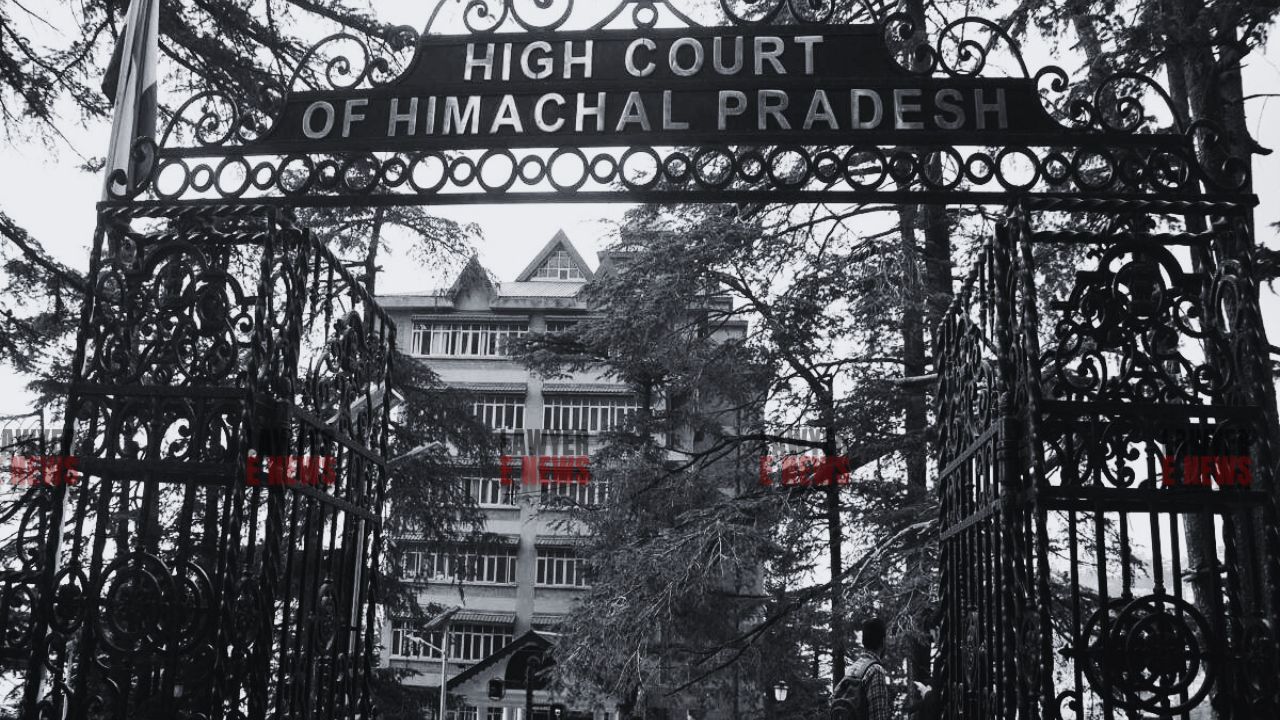-
by Admin
15 February 2026 5:35 AM



Court underscores need to exercise inherent powers under Section 482 Cr.P.C. sparingly, especially in serious offences. In a significant ruling, the Himachal Pradesh High Court has quashed an FIR registered under various serious sections of the Indian Penal Code (IPC), following a compromise between the parties involved. The judgment, delivered by Justice Sandeep Sharma, highlighted the court’s discretion under Section 482 of the Code of Criminal Procedure (Cr.P.C.) to quash proceedings, stressing that such powers should be used judiciously, particularly in cases involving grave offences.
The case, registered as FIR No. 65 of 2019 at Police Station Bhuntar, District Kullu, H.P., arose from an altercation on March 8, 2019. The complainant, Shami, alleged that he and his family were assaulted by the petitioners, Ibrahim and others, resulting in grievous injuries to his father. Following the altercation, charges were filed under Sections 307, 325, 324, 341, 504, 506, 147, 148, and 149 IPC. However, before the case could proceed to trial, the parties reached a compromise, prompting the petitioners to seek quashing of the FIR under Section 482 Cr.P.C.
Justice Sandeep Sharma emphasized the need for careful scrutiny when considering quashing FIRs in cases involving serious offences. He noted, “The power under Section 482 Cr.P.C. is to be exercised sparingly and with great caution, especially in cases involving serious and heinous offences.” The court acknowledged the genuine nature of the compromise, facilitated by community intervention, which aimed at restoring harmony between the involved parties.
The court extensively referred to precedents set by the Supreme Court, particularly in Narinder Singh v. State of Punjab (2014) and Gian Singh v. State of Punjab (2012). It underscored that while the inherent powers under Section 482 Cr.P.C. allow for quashing proceedings even in non-compoundable offences, this discretion must be exercised judiciously. “Offences that are private in nature and where parties have settled their disputes can be quashed to bring about peace and amity,” the judgment noted.
Addressing the gravity of the offences, Justice Sharma remarked, “Though the injuries were grievous, they were not life-threatening. The genuine compromise between the parties, belonging to the same community, is in the interest of societal harmony.” The court highlighted that ongoing criminal proceedings would only serve to widen the rift between the parties, contrary to the goal of judicial intervention.
Justice Sandeep Sharma observed, “Restoring harmony between the parties is paramount, especially when the compromise is genuine and aimed at maintaining peace within the community.” He further stated, “The court must have due regard to the nature and gravity of the crime and its social impact while exercising the power to quash proceedings.”
The Himachal Pradesh High Court’s decision to quash FIR No. 65 of 2019 underscores the judiciary’s nuanced approach to balancing legal principles with societal harmony. By upholding the compromise, the judgment reinforces the importance of community-led dispute resolution in certain cases. This ruling is expected to influence future cases where compromises are reached in serious offences, guiding courts in exercising their inherent powers under Section 482 Cr.P.C.
Date of Decision: July 16, 2024
